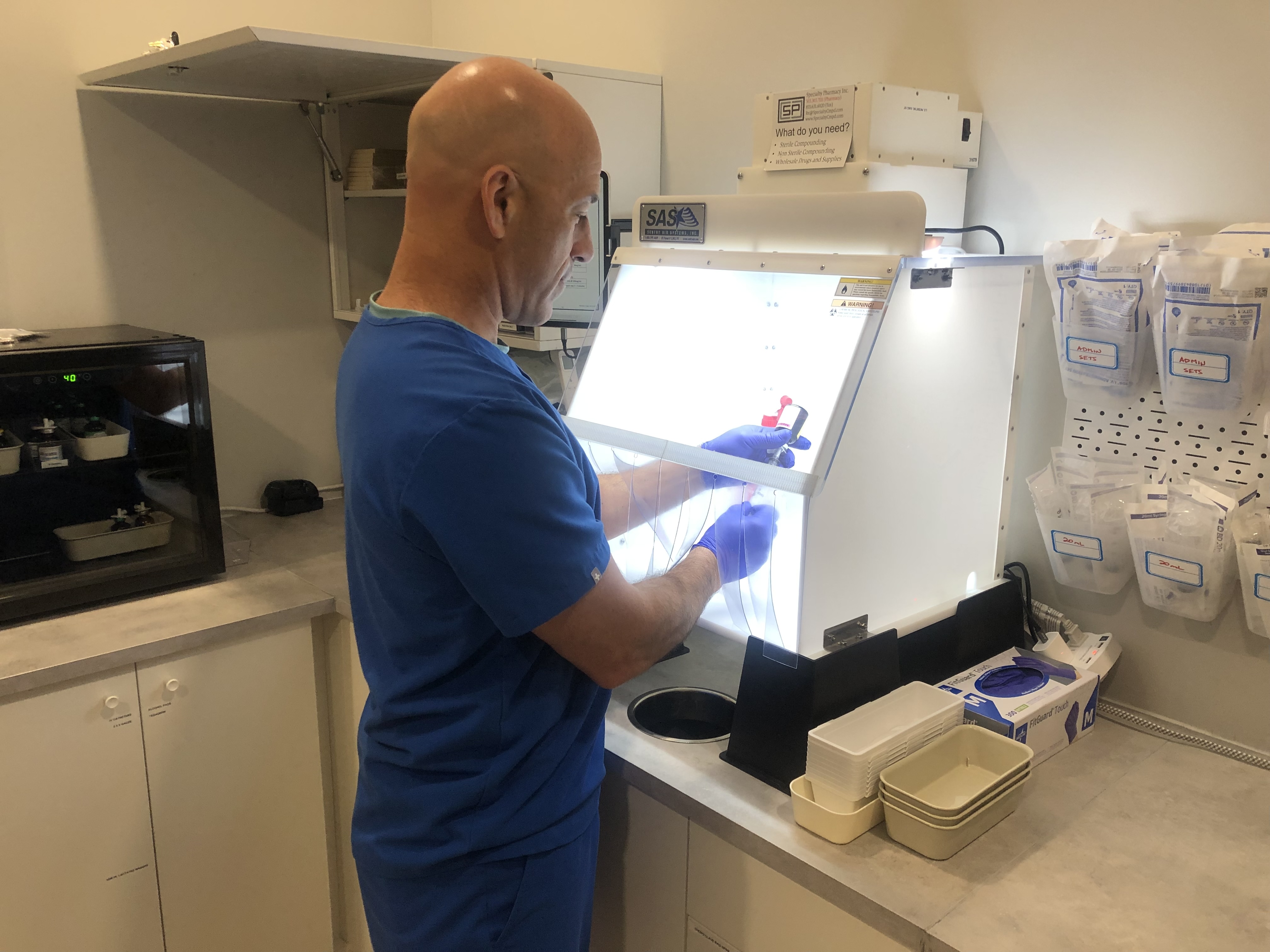Jottings From Fifth & G: A squall for no swab
Published 8:00 am Thursday, July 17, 2025

- The beach at Club Med in Rio da Pedras, Rio de Janeiro. (Courtesy photo: Ines Bojlesen)
The blue-skied, wind-free relaxation on the beach turned into a survival scenario in a matter of seconds. The 60 minutes that followed could have changed our lives forever.

Ines Bojlesen
We were vacationing at the Club Med in Rio das Pedras, Rio de Janeiro — a paradisiacal location in a protected bay bathed by the Atlantic Ocean on one side and surrounded by the Atlantic Forest on land.
While the accommodation was comfortable, the appeal was to enjoy the outdoors and the many activities available on the premises.
Trending
We spent entire days on the beach, playing tennis, snorkeling and hiking. My husband enjoyed his favorite sport, sailing in the hotel’s Laser boat (now known as the ILCA), a single-handed racing dinghy.
That early afternoon as he sailed away, I was enjoying the warmth of the sand and sun, with my back to the forest and mountains. Three people were learning how to windsurf closer to shore.
Suddenly, the sky turned black, and a gust of wind swept the beach and the ocean. It blew the rain horizontally and the three windsurfers were separated from their boards, tossed parallel to the water. Lightning and the roaring thunder added to the threat of the wind’s force.
Before I knew, rain was hitting my skin so hard it hurt. My eyeglasses were dripping wet and foggy. With my improvised “finger” wipers I cleared the lenses enough to see the white sail of my husband’s boat rocking back and forth before flipping over.
By that time, I was the only person left on the beach; all the other guests had run for cover. I remember wrapping myself in a towel to protect against the cold, piercing rain and keeping my eyes on the spot where I had last seen the sailboat. It never crossed my mind that I could be hit by lightning; I only cared about that brave little sailboat out there.
Probably no more than seconds later I saw the sail go up again, further to the east of where I had been looking. It was only a brief moment of relief, as the sail went down again and disappeared completely from sight.
Trending
I kept reminding myself that my husband was a skillful sailor; he had been in dire situations before. At the same time, I could not help but wonder whether he had been hit by the mast, if the boat had capsized and he was trapped underneath, or …
Squalls are sudden and short lived, usually no more than one hour. To me, it felt like an eternity, standing there, shaking and squinting my eyes, hoping to see the sail pop up on the horizon.
As the storm blew away, guests started returning to the beach, forming a line of hopeful spectators. The swimming pool was littered with branches and even chairs! And then, in the stillness that follows a storm, the brave little white sail popped up and I saw my husband’s outline against the sky.
People started cheering, waving and applauding. I don’t remember whether I was crying or laughing when I realized he was okay. But knowing me, I am sure that I was crying.
The wind died down completely, and my husband had to get off the boat and pull it when he was close to shore. Guests and the hotel staff surrounded him, eager to hear how he had managed to survive the storm.
In a very calm and controlled manner, he told them he had not been in any danger; he had clung to the hull and waited until the storm was over, climbed back in and sailed and rowed back.
I attribute my first patch of gray hair to those stressful minutes spent standing on the beach during a summer squall, watching my husband confront the force of nature.
Ines Bojlesen is a member of the Jottings Group (jottings33@gmail.com) at the Lake Oswego Adult Community Center.







